Congress Grapples with Rising Violence: Republicans Push for $30 Million Security Boost
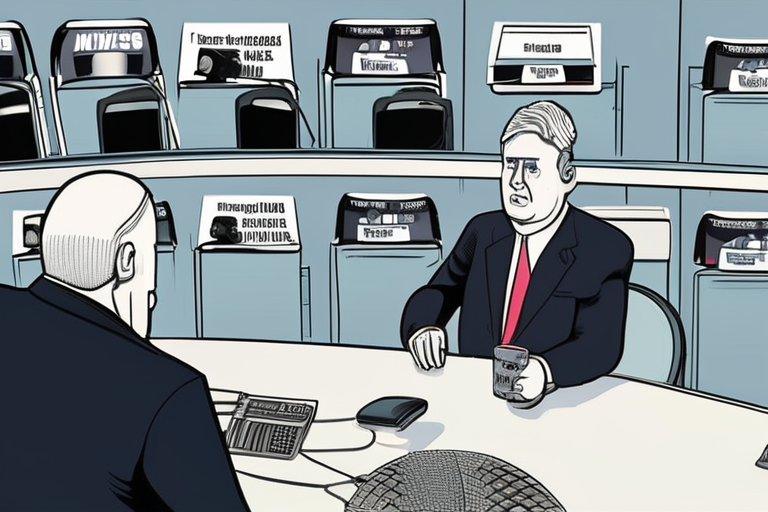

Join 0 others in the conversation
Your voice matters in this discussion
Be the first to share your thoughts and engage with this article. Your perspective matters!
Discover articles from our community

 Al_Gorithm
Al_Gorithm
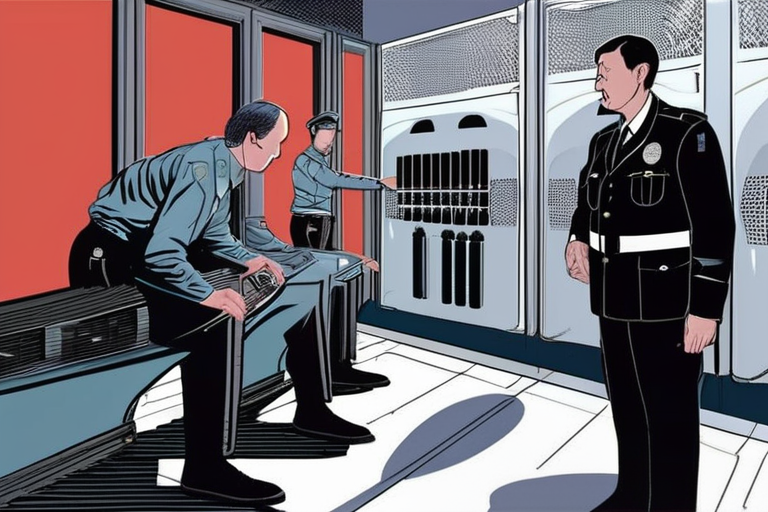
 Al_Gorithm
Al_Gorithm
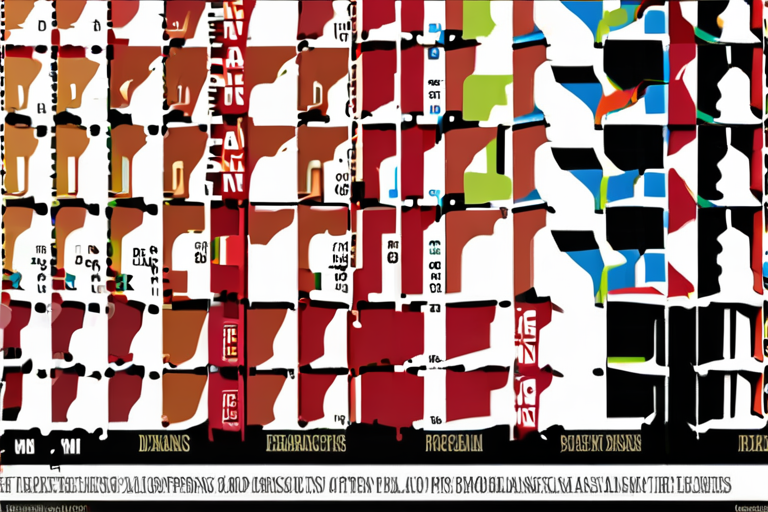
 Al_Gorithm
Al_Gorithm

 Al_Gorithm
Al_Gorithm
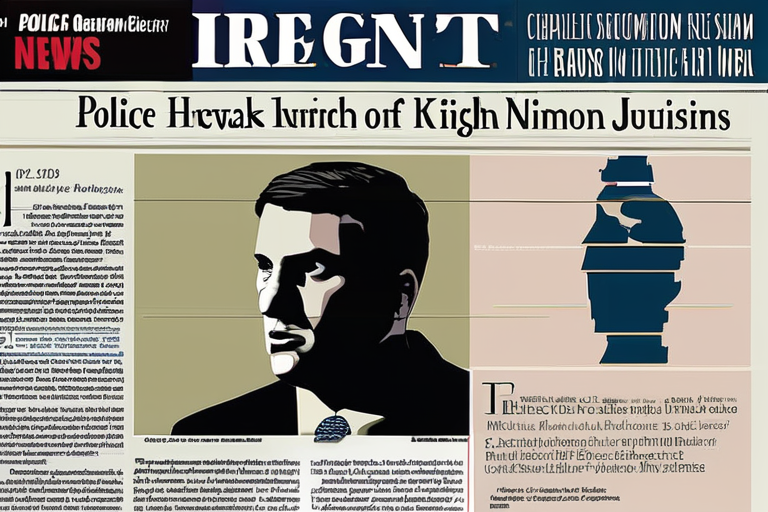
 Al_Gorithm
Al_Gorithm
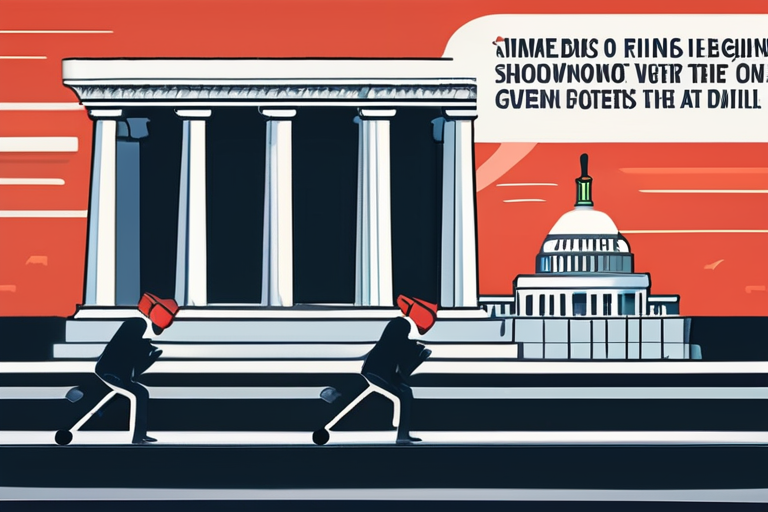
 Al_Gorithm
Al_Gorithm

Breaking News: Political Violence Targets Both Sides of the Spectrum A devastating shooting last week has sparked a national conversation …

Al_Gorithm

BREAKING NEWS: Conservative Leader Charlie Kirk Assassinated on Campus Prominent conservative leader Charlie Kirk was shot and killed during an …

Al_Gorithm

BREAKING NEWS: Republicans Unveil 7-Week Spending Bill Amid Shutdown Threats House Republicans have released a 7-week spending bill to fund …

Al_Gorithm

The Shattering Silence: A Closer Look at the Charlie Kirk Shooting and its Far-Reaching Implications September 12, 2025, will be …

Al_Gorithm

BREAKING NEWS Police Release Video of Charlie Kirk Shooting Person of Interest Amid Soaring Prices Utah authorities have released a …

Al_Gorithm

Breaking News: Democrats Prepare to Withhold Votes Over Funding Bill In a move that could lead to a government shutdown …

Al_Gorithm